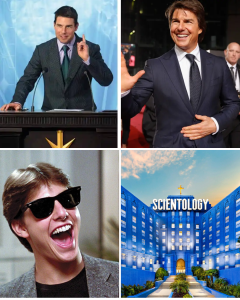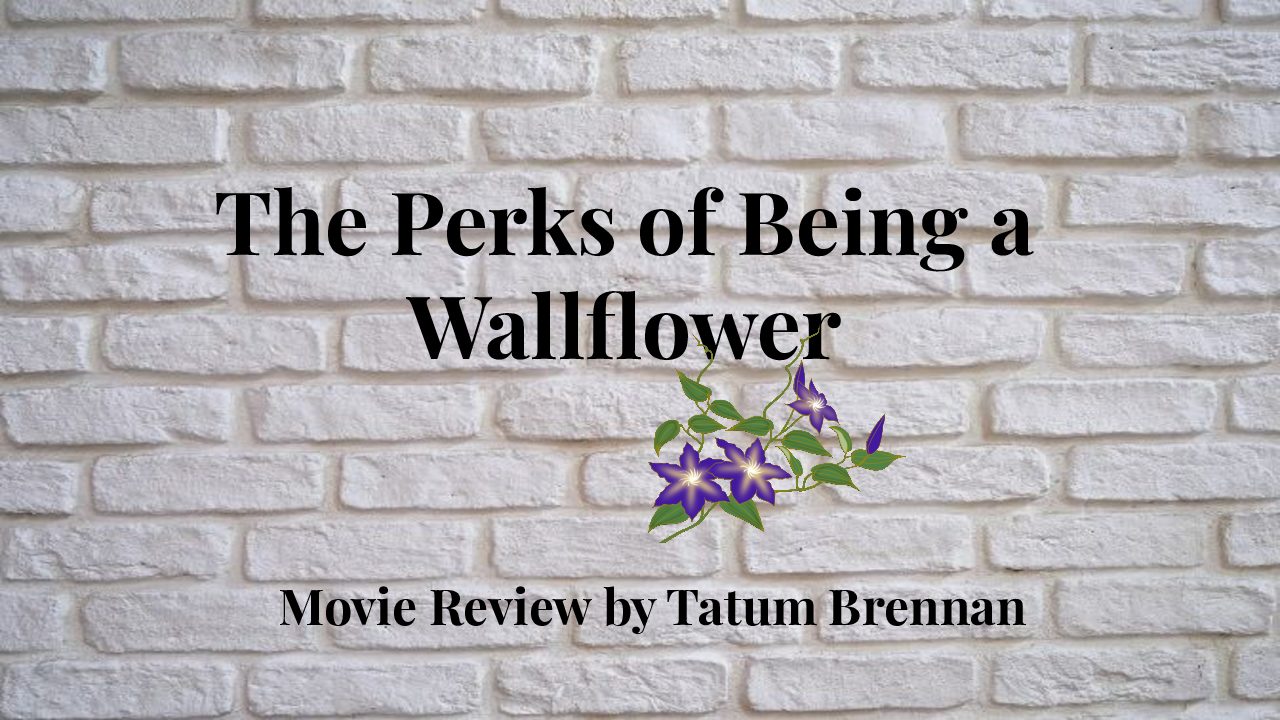Movies made from the 70’s-early 2000’s were better
May 23, 2019
A time when the script came before the poster and the actors on the big screen delivered meaningful dialogue. The movies followed simple yet timeless themes, every minute wasn’t action-packed and didn’t cater to an audience who craved instant comedic or violent gratification. The mid 70’s through to the early 2000s were the peak of modern filmmaking.
Sixteen Candles, Ferris Bueller’s Day Off, Dodgeball, The Princess Bride, Star Wars, Four Weddings, and a Funeral, 10 Things I Hate About You, Die Hard, The Matrix, and the Breakfast Club. These movies ranged across different genres, followed different storylines, yet all still stand as some of the greatest movies of all time. The only thing they share in common is the time period they were made. It is true that ‘great’ movies still are produced today, yet there is a certain timelessness to the concepts the movies above explored.
It wasn’t simply the time period that made the movies great it was the standards of acting, dialogue, and filmmaking that entailed. Directors didn’t rely on advanced special effects or animated features to make up what their movie lacked in other areas. They relied on storytelling techniques and scenes that created three-dimensional characters.
Today theaters are overrun with subpar sci-fi movies that are 70% special effects and maybe 30% character growth or evolution. Ill thought out comedy movie posters line the hallways and boast scripts that are 100% punchline with zero concern for the storyline. The movies ‘of old’ or at least 20 years ago had plot and character development, what made them good was their attention to the little details that made their movies that much more real.
Whether the plot of the movie was feasible or not, the director would plant the movie into reality with scenes that focused on the buildup and dimensionality of the character, because to convince the audience of the plausibility of the story without fancy technological advancements they had to make the character identify with those in the audience.
The decline of modern filmmaking isn’t because of a lack of brilliant young and upcoming directors and cinematographers but rather at the hands of the consumer. When the watcher became satisfied with the instant and constant action on the big screen and began to crave it, it was then when the supplier found a want and delivered it on a large scale.
Just one look at Box Office Records will solidify this statement to the fact. The highest grossing film on its opening weekends ever is Avengers: Endgame, while the biggest box office 5-day release is Star Wars The Force Awakens, and worldwide Avatar. In the Winter for opening weekends the record is held by Black Panther, and the Summer is held by Jurassic World. In the month of July, the highest grossing film is Harry Potter and the Deathly Hallows Part 2. While in November it is held by Catching Fire. None of these movies share anything alike, except for one simple fact, they are exactly what the consumer wants, and as stated before, the supplier will always deliver.
So in truth, it isn’t solely the movie industry’s fault that the only market that makes real money is that which the buyer wants. Yet in my own opinion, it is the lack of differentiation between the newest movies that create the unoriginality that begins to bore.





